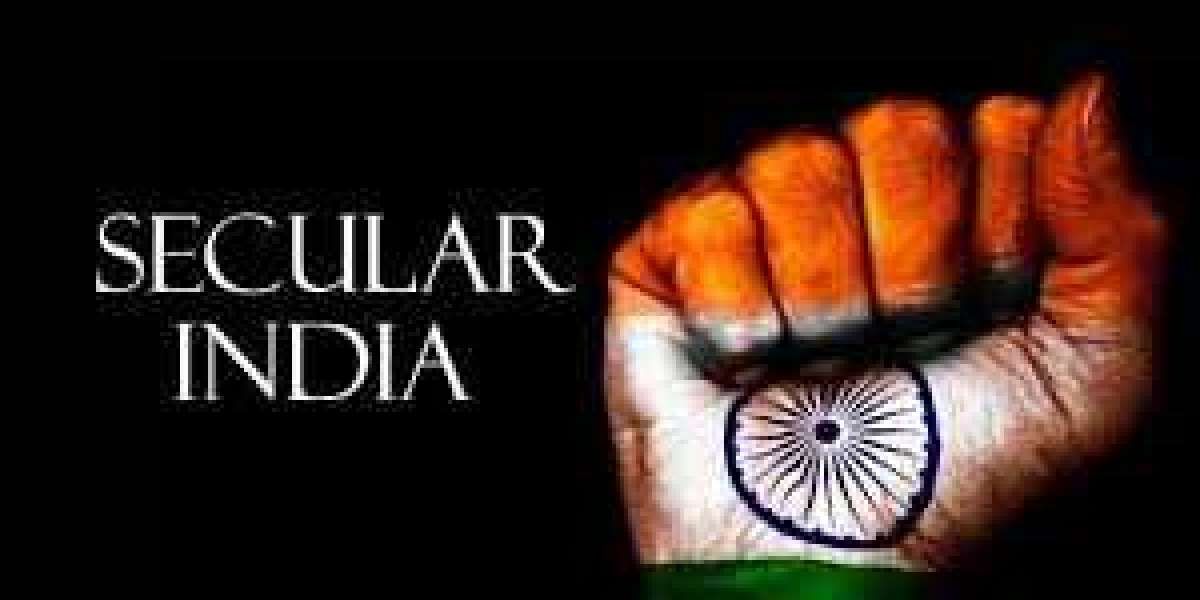Secularism one of the primary pillars of democracy in India. Sometimes, it becomes the most debatable topic in Indian politics. As we all are aware of India is a nation of people with different religions, languages and cultures living together with peace and a sense of brotherhood. Now, talking about the concept of “secular” which means being separate from religion or having no religious basis. Secularism means separating of religion from political, economic, social and cultural aspects of life religion being treated as a purely personal matter. It also stands for equal opportunities for followers of all religions, and no discrimination and partiality on grounds of religion.
When we trace back the idea of secularism in the history of India we observe that secularism in India is deep rooted. Indian culture is all about “Vasudhaiva Kutumbakam” which means The world is a family. In ancient India, the Santam Dharma was basically all about allowing the development as a holistic religion by welcoming different spiritual traditions and trying to integrate them into a common mainstream. Even after the advent of Jainism, Buddhism and later Islam and Christianity on the Indian soil, the quest for religious toleration and coexistence of different faiths continued. The spirit of secularism was strengthened and enriched through the Indian freedom movement too, through the British have pursued the policy of divide and rule. In accordance with this policy the British partition Bengal in 1905. Separate electorates were provided for Muslims through the Indian council act of 1909 a provision which was extended to 6 Indian Christians European and Anglo Indian than certain provinces of the government of India Act 1919.
However, the Indian freedom movement was characterized by secular tradition and ethics right from the start. The constitution drafted by Pandit Moti Lal Nehru as the chairman of historic Nehru committee in 1928 had many provisions of secularism such as “ there shall be no state religion for the commonwealth of India or for any provisions in the commonwealth nor shall the state either directly or indirectly India or any religion any preference or impose any disability on account of religious belief religious status.” At present scenario, in the context of India, the separation of religion from the state continues the core of the philosophy of secularism.
In a pluralist society, the best approach to nurture Secularism is expand religious freedom rather than to keep practicing state neutrality. There is also need to identify common Framework or shared set of values which allows the diverse groups to live together. The prerequisites to implement the social reform initiative like Uniform Civil Code are to create a conductive environment and fogging social political consensus.







